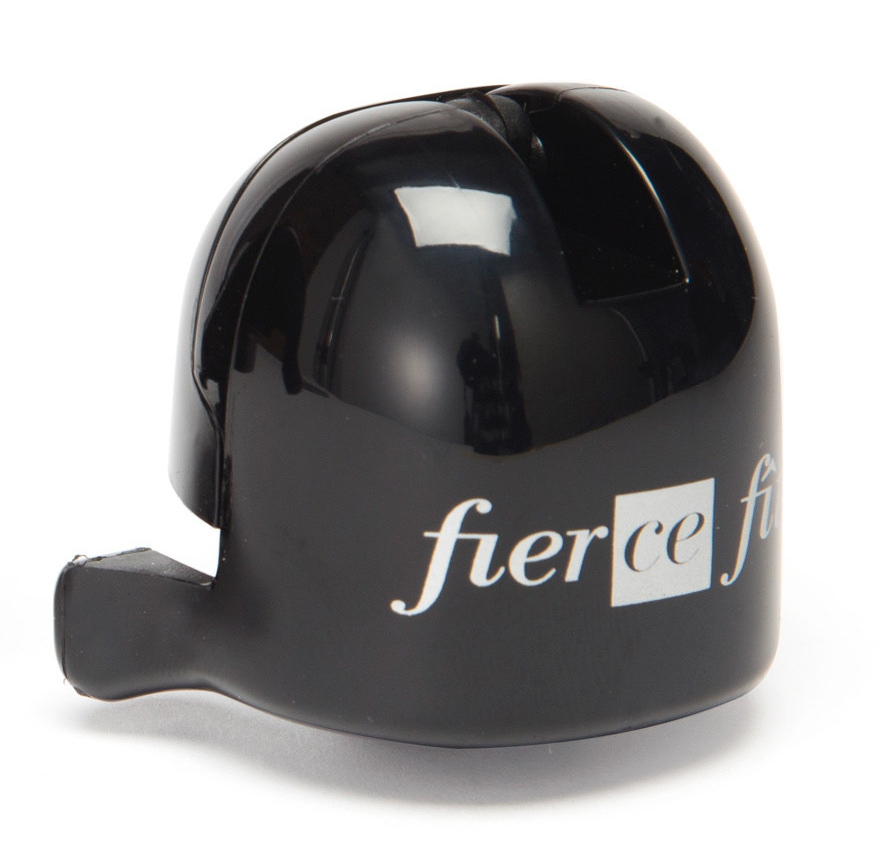Champagne, what makes this region so unique?
Why is Champagne so special and unique? What makes this region the perfect one for the king of the wines?
Today we will make you discover all the climatic and topographic characteristics of this amazing region.
If the Champagne benefits from a unique terroir in the world, it is thanks to 3 favorable elements.
First the climate. The Champagne is extremely north located for growing vineyards and benefits from a dual climatic influence, oceanic and continental.
The first brings to the region water in regular quantities with slight thermal contrasts from one season to the next.
The second is responsible for favorable sunshine in summer but also for some destructive frosts in spring.
These specific elements guarantee a grape with a sufficiently high level of acidity, which is essential for the production of quality sparkling wines.
The second special characteristic is the topography of the region. The Champagne vineyard is a hillside vineyard.
The relief of Champagne is characterized by the typical coasts, or cuestas, in concentric halos.
These hills allow the vines to benefit from the sun rays, to be sheltered from the westerly winds and to promote the flow of excess water.
The average slope is 12% but some can reach 59%.
These hillsides were formed following 4 events:
- the presence, originally, of the sea in the Champagne region,
- the withdrawal from the sea some 70 million years ago,
- a sinking of the earth having resulted in raising the ground and breaking the chalk by impregnating it with marine and mineral elements,
- a new deepening of the earth of greater intensity when the Paris Basin subsided in its center under the sediments which gave rise to the uplift of the north and east part and the creation of a strongly hilly terrain.
The Paris Basin forms a vast depression occupied in the past by shallow seas and lakes.
In the form of an amphitheater inclined from the South-East to the North-West, it is often described as a set of asymmetrical, nested basins formed geologically by the superposition of sedimentary layers of different ages which appear on the surface in the form of halos in more or less concentric arcs, gently sloping and open to the west.
The superposition of these layers is reminiscent of a stack of plates, of different diameters, stacked on top of each other.
Each plate edge represents a halo, a layer of sedimentary soil of different ages, the most recent forming the center of the basin and the oldest forming the eastern edge.
The typical image today of the Champagne is that of wooded peaks dominating curves of land planted with vines, with villages huddled in the middle.
These have always been favorable areas for the establishment of vines since a slope benefits with equal sunlight, with a radiation greater than that of a plain.
Usually, the vines face east or south-east, but there are vines in every direction. They are even found on the northern slopes, where they are said to be upside down. Here among others are the grands crus of Mailly and Verzenay, where are located the vines of Hervy-Quenardel.
This may seem paradoxical, in the case of a northern vineyard, but can make sense considering that in this case the Montagne de Reims constitutes for all of these soils a shelter against the winds unfavorable to the vines and that, the relief of their coasts being hilly, some plots are on the eastern and western slopes. In addition, and this is true in all cases, even with a northern exposure the vines benefit from sufficient sunshine, the slopes being moderate enough not to deprive them of the sun's rays, wherever they come from. Finally, it should be remembered that the warming of the ground during hot hours has a decisive influence on the vegetation of the vine, whatever its situation.
And now that you know everything about the uniqueness of this region, you can go discover its excellent Champagne on our Boutique!
Cin cin et à votre santé!

 My bag
My bag
 The Boutique
The Boutique
 Login
Login


